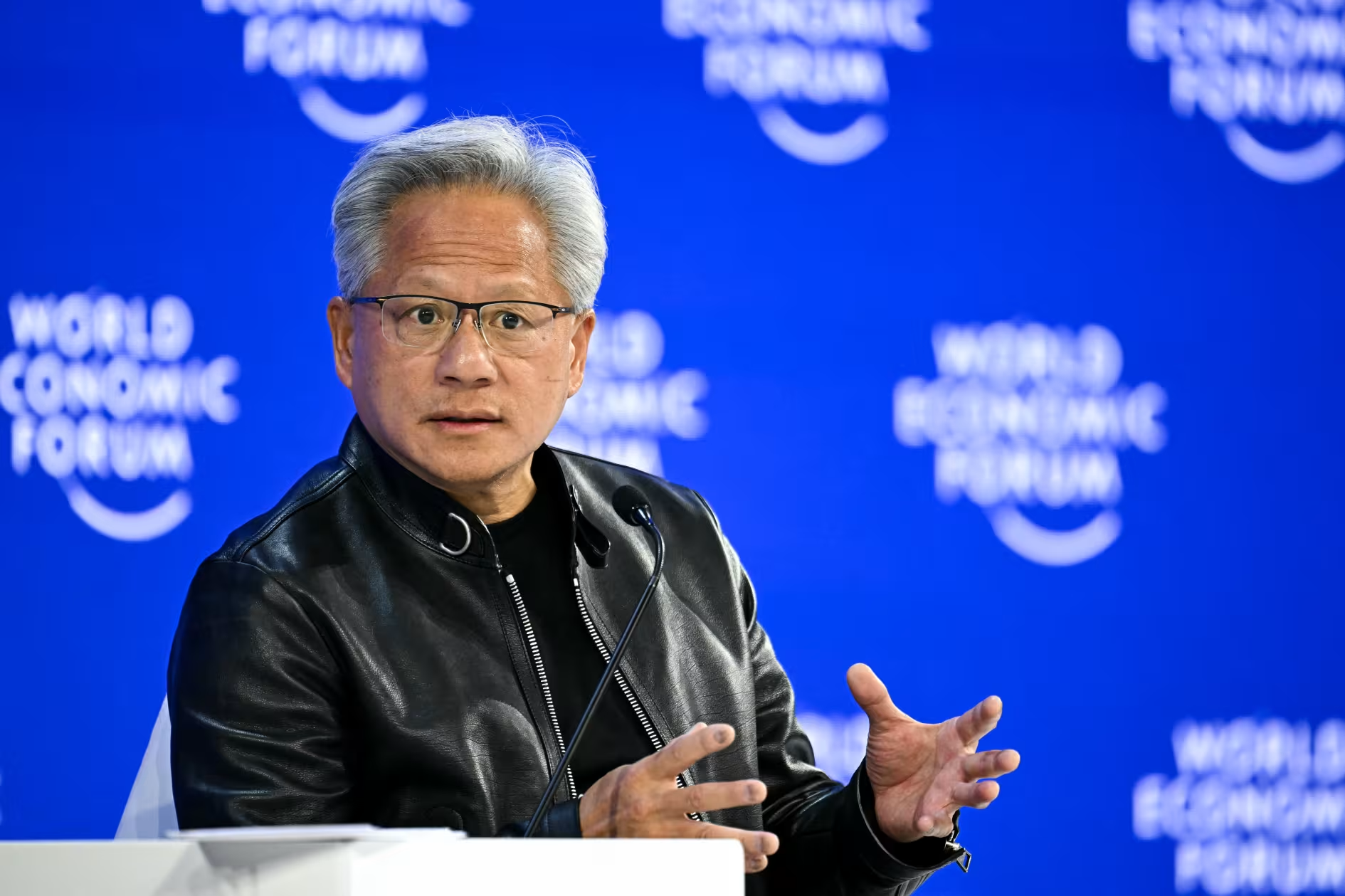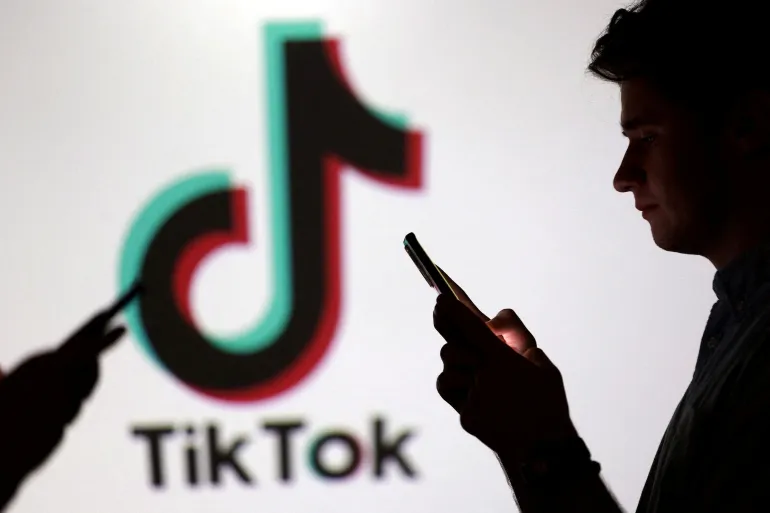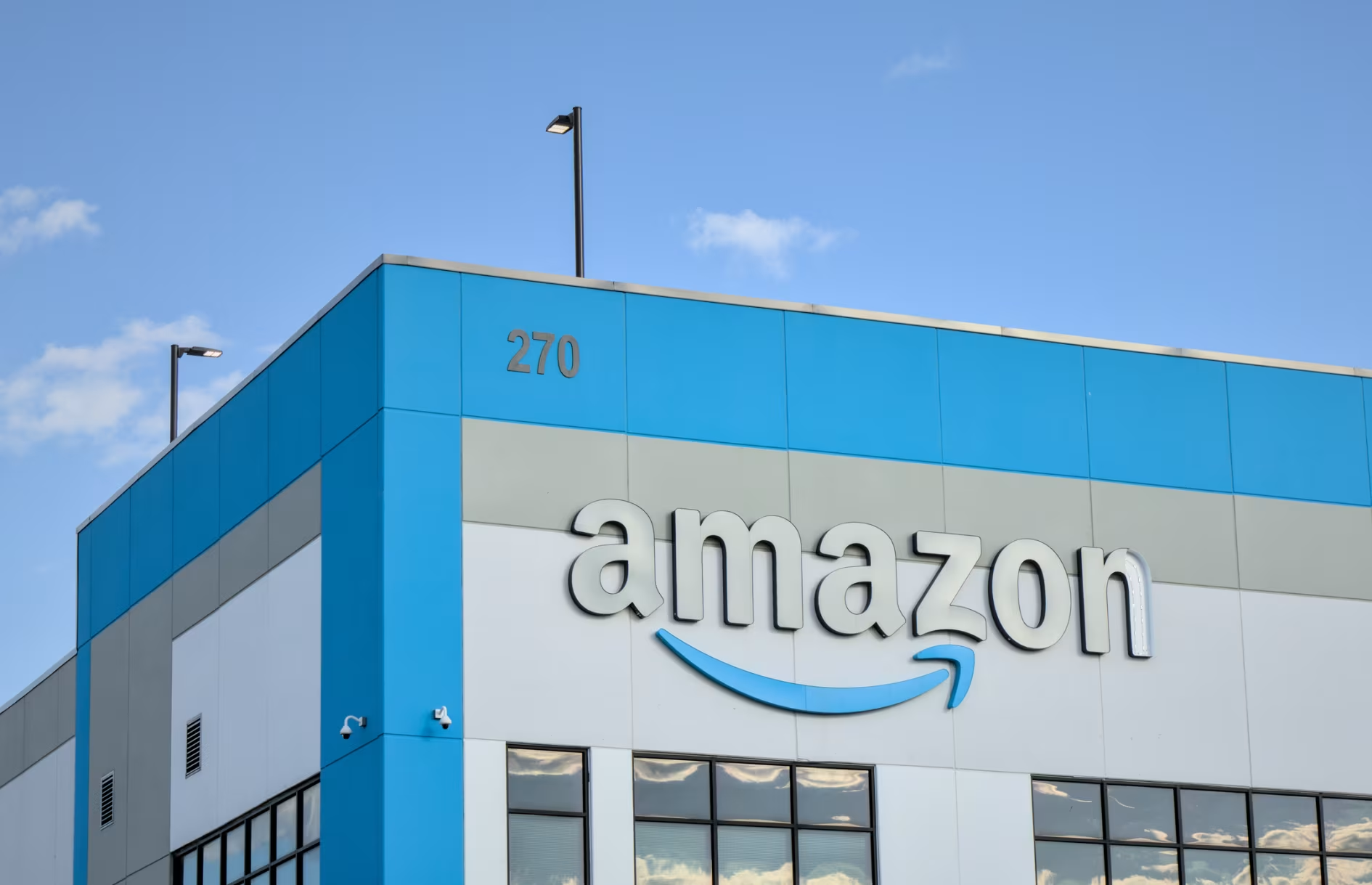Meta—parent company of Facebook, Instagram, and Threads—is hitting pause on political ads in the European Union starting this October. Why? The tech giant says new EU transparency laws are too complicated, too vague, and too much of a legal headache to deal with.
In a blog post Friday, Meta announced it will stop accepting political, electoral, and social issue ads across its platforms for all 27 EU countries, blaming the EU’s incoming Transparency and Targeting of Political Advertising (TTPA) regulation, which kicks in on October 10.
“This is a tough decision,” Meta said, “but the rules introduce significant operational challenges and legal uncertainties that just aren’t workable for us—or advertisers.”
The new EU law is meant to crack down on election interference and disinformation. Under it, platforms must label every political ad, spell out who paid for it, how much it cost, and what cause or election it relates to. Ads will also have to be saved in a public database, and ad targeting will be limited.
If a company messes up? They could face fines up to 6% of their global revenue. (That’s billions for Meta.)
Google saw the writing on the wall too—last year, it pulled out of political ads in the EU for the same reasons.
Not quite. Meta clarified that politicians, campaigns, and users can still post about political issues. They just won’t be able to pay to boost that content. So you’ll still see politics in your feed—just not in the form of targeted ads.
“We still believe online political ads help connect people to important info,” Meta added. “But these rules make it nearly impossible to do that effectively in the EU.”
This is part of a growing rift between U.S. tech giants and EU regulators. Brussels has been aggressively rolling out new digital rules—from data privacy to AI accountability—and companies like Meta have been pushing back hard.
The EU says these laws are needed to protect voters and democracy. Meta and others argue the laws are too broad, confusing, and risk shrinking access to information.
“Regulations like the TTPA reduce competition and limit voter choice,” Meta said. “That’s a problem.”
Meta has also refused to sign onto the EU’s new voluntary AI Code of Conduct and is currently under investigation for potentially violating the EU’s sweeping Digital Services Act and Digital Markets Act.
With input from Axios, Reuters, the Associated Press, and the Financial Times.










The latest news in your social feeds
Subscribe to our social media platforms to stay tuned